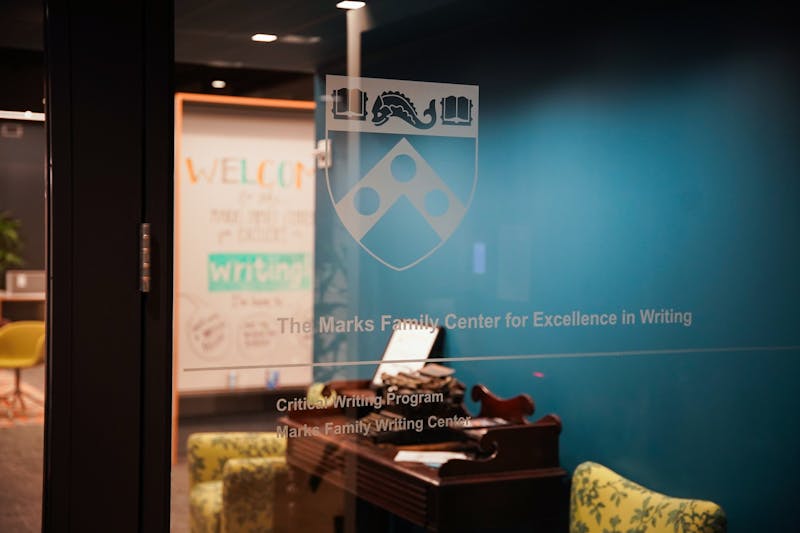Asked in June when he will step down as the University's president, Sheldon Hackney gave a typical response -- he cracked a joke. "There will be a flash of inspiration or someone will pour a bucket of something over my head," he said facetiously. These days, however, the comings and goings of the University's leaders are hardly a laughing matter. With one top administrator gone, another recently almost hired away and Hackney himself rumored to be leaving soon after the $1 billion capital campaign is completed next year, the University could be in for some big changes at the top. Exactly when those changes come is anyone's guess. Both Hackney and Provost Michael Aiken -- who was recently passed over in his bid for the presidency of the University of Texas at Austin -- are close-mouthed about their futures. Whenever it happens, the question will be the same: will the loss of experience have a destabilizing effect, or will it allow new leaders to reinvigorate the administration with their new ideas? Many say that while the current administration has done a good job, new blood would not necessarily be a bad thing, as long as it does not all happen at once. "Anytime there is a change in leadership, there's always a huge potential for new and positive changes," Undergraduate Assembly Vice Chairperson Kirsten Bartok said earlier this month. She said that with the capital campaign nearly over, Hackney will have completed one of his major goals as president. The time is near, she said, for a new president with new goals. "One hopes there aren't seismic shifts like they had at Yale," said Statistics Professor David Hildebrand, chairperson of the Faculty Senate. "But we need to accept, as a University, the continuing change of people. That's just a fact of life." The situation at Yale, where President Benno Schmidt and two top administrators resigned within months of each other last year, is not likely to occur at the University. Administration officials note that the University expects to have a replacement for former Executive Vice President Marna Whittington within a couple of months. By the time either Aiken or Hackney might leave, they say, that person should have enough experience to help maintain continuity at the top. And whenever Hackney or Aiken decides to step down, the other could delay his departure to avoid a one-two blow. Aiken's seven-year term as provost runs through 1994, and while he can leave before it is over, the provost is not required to change over with the president. UA Chairperson Jeff Lichtman said that even if Aiken and Hackney both depart soon, the result could still be beneficial. "While they may leave tremendous voids, it is an amazing opportunity for us students and faculty in one fell swoop to give some ideas as to how to direct the University into the 21st century," he said earlier this month. Others at the University say the effects of the departures will be minimal because the administrators have managed the University well during their tenures. Vice Provost for University Life Kim Morrisson said that the University has had "consistent leadership" during Hackney's nearly 11 years in office. She said that while there is "always a little jolt" when changes first occur, there is also a "source of stability within the [University]" that would help lessen the shock. Social Work Professor Louise Shoemaker, past chairperson of the Faculty Senate, said that although now is "not a good time to have a lot of rocking of the boat," the University is "in a fiscally more sound position" than many peer institutions because of good management. Whittington, who stepped down from her position as the University's chief financial officer in September to work for a private investment management firm, described the changes as "a natural process." "Every university goes through orderly transitions in leadership as one generation of leaders finishes their terms and another generation begins," she said yesterday. In recent weeks, Hackney's future has become grist for the rumor mill. Some have predicted that President-elect Clinton will find a spot for him in the new administration, although Hackney has denied this possibility. But there is general agreement that whatever his plans may be, Hackney -- the second-longest serving Ivy League president -- does not have any obligation to pass that information on to the University community.
The Daily Pennsylvanian is an independent, student-run newspaper. Please consider making a donation to support the coverage that shapes the University. Your generosity ensures a future of strong journalism at Penn.
DonatePlease note All comments are eligible for publication in The Daily Pennsylvanian.








